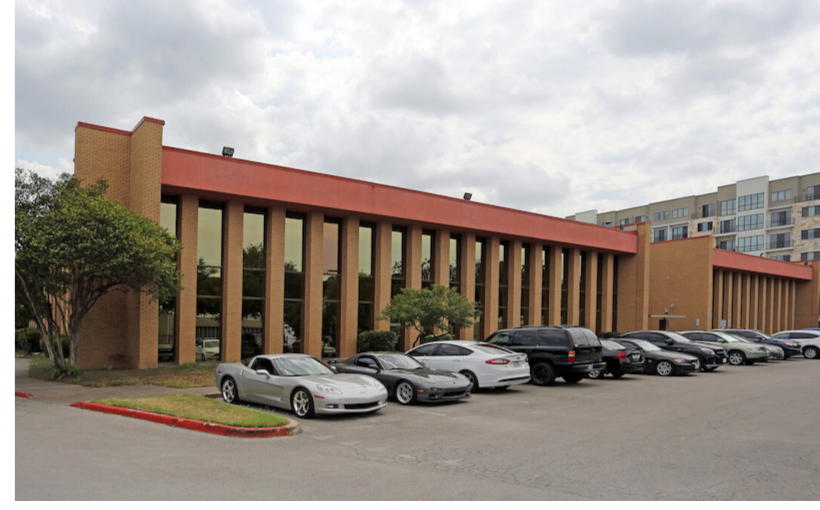As the Thanksgiving holiday fades into the past, attention now turns to holiday shopping. John Chang, National Director of Research and Advisory Services at Marcus & Millichap, acknowledges that there is always uncertainty about consumer spending during this time. However, he notes that the results not only affect retail property performance but also have a ripple effect on industrial properties, self storage facilities and even the housing market.
In a recent video by Marcus & Millichap , Chang discusses several forecasts for this year’s holiday sales:
– The National Retail Federation (NRF) predicts an increase in retail gains between 2.5% and 3.5%, slightly lower than last year’s 3.9%.
– The International Council of Shopping Centers (ICSC) forecasts growth in sales between 3% and 3.5%.
– Inflation-adjusted sales growth ranged from -.1% to .8% during last year’s holiday season.
However, despite these predictions from industry experts, Chang believes that actual holiday sales will exceed both NRF and ICSC forecasts for several reasons:
– Strong job market: With over seven million more jobs compared to pre-pandemic levels in October of 2019,
the U.S currently has more employed individuals than ever before.
– Higher wages: Average hourly wages have increased by over $7 since October of
2019.
This represents a significant jump of approximately
25%.
Credit card debt aligns with income:
While credit card debt may seem high at $1.2 trillion,
Chang explains that it is actually aligned with income levels when taking into account wage increases since pre-pandemic times (around four percent).
Household debt payments are manageable:
At just below eleven percent as a share
of disposable income,
household debt service payments are lower than they were from
2012 to
2019 on average according to Chang’s analysis.
Overall savings have increased:
Despite the pandemic’s economic impact, total savings have actually increased by $4 trillion. When adjusted for inflation, this represents a significant gain of around 20%.
While these numbers may seem promising, Chang notes that the real question is whether consumers are confident and willing to spend. He points out that the recent election had a strong focus on the economy and its recovery. As such, he believes that if confidence levels increase following election results,
we could see holiday retail sales surpass expectations.


